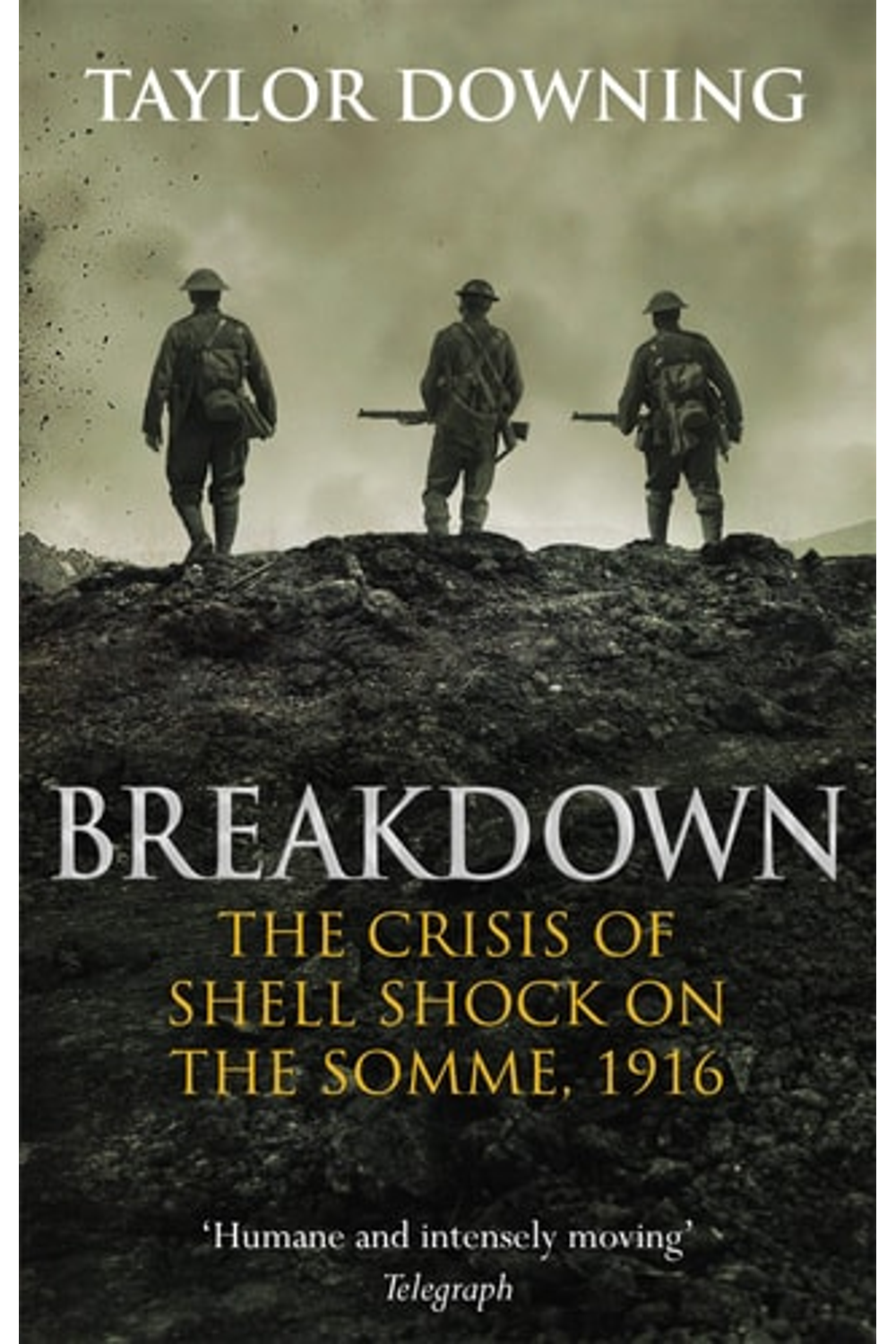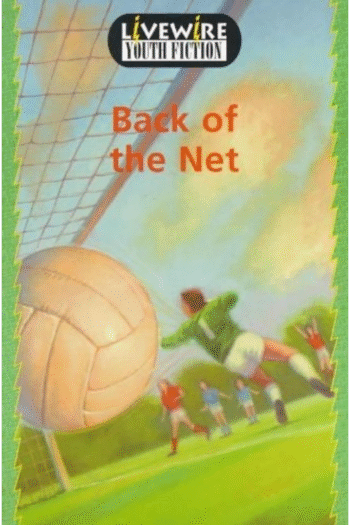Step back in time with Taylor Downing’s powerful and deeply human account, “Breakdown: The Crisis of Shell Shock on the Somme.” More than just a chronicle of World War I, this book lays bare the hidden psychological casualties of the Somme, exploring the devastating impact of what we now recognize as PTSD on British soldiers. Downing delves into the terrifying realities of “shell shock” paralysis, blindness, uncontrollable tremors symptoms initially dismissed as weakness but ultimately revealed as profound wounds of the mind. “Breakdown” vividly portrays the experiences of these men, from the initial patriotic fervor to the soul-crushing horrors of trench warfare. Downing exposes the ignorance and often brutal treatment inflicted upon those suffering from shell shock, while also highlighting the stories of compassionate individuals who fought against the prevailing attitudes. Drawing on meticulously researched historical data and personal accounts, Downing challenges official casualty figures, revealing the true scale of psychological trauma suffered by those on the Western Front. This is not just a history book; it’s an exploration of human resilience, the horrors of war, and the long-lasting consequences of trauma. Explore the complexities of shell shock with this incredible book. A must-read for those interested in military history, psychology, and the enduring human cost of conflict.
Breakdown: The Crisis of Shell Shock on the Somme
22,60 $
In stock
Paralysis. Stuttering. The ‘shakes’. Inability to stand or walk. Temporary blindness or deafness.
When strange symptoms like these began appearing in men at Casualty Clearing Stations in 1915, a debate began in army and medical circles as to what it was, what had caused it and what could be done to cure it. But the numbers were never large.
Then in July 1916 with the start of the Somme battle the incidence of shell shock rocketed. The high command of the British army began to panic. An increasingly large number of men seemed to have simply lost the will to fight. As entire battalions had to be withdrawn from the front, commanders and military doctors desperately tried to come up with explanations as to what was going wrong. ‘Shell shock’ – what we would now refer to as battle trauma – was sweeping the Western Front.
By the beginning of August 1916, nearly 200,000 British soldiers had been killed or wounded during the first month of fighting along the Somme. Another 300,000 would be lost before the battle was over. But the army always said it could not calculate the exact number of those suffering from shell shock. Re-assessing the official casualty figures, Taylor Downing for the first time comes up with an accurate estimate of the total numbers who were taken out of action by psychological wounds. It is a shocking figure.
Taylor Downing’s revelatory new book follows units and individuals from signing up to the Pals Battalions of 1914, through to the horrors of their experiences on the Somme which led to the shell shock that, unrelated to weakness or cowardice, left the men unable to continue fighting. He shines a light on the official – and brutal – response to the epidemic, even against those officers and doctors who looked on it sympathetically. It was, they believed, a form of hysteria. It was contagious. And it had to be stopped.
Breakdown brings an entirely new perspective to bear on one of the iconic battles of the First World War.
Related products
- Additional information
- Currencies
- USD – United States dollar
- EUR – Euro
- GBP – Pound sterling
- CNY – Chinese yuan
- BRL – Brazilian real
- MXN – Mexican peso
- JPY – Japanese yen
- PHP – Philippine peso
- THB – Thai baht
- PLN – Polish złoty
- CAD – Canadian dollar
- MYR – Malaysian ringgit
- AUD – Australian dollar
- TWD – New Taiwan dollar
- CZK – Czech koruna
- SEK – Swedish krona
- HUF – Hungarian forint
- ILS – Israeli new shekel
- CHF – Swiss franc
- HKD – Hong Kong dollar
- DKK – Danish krone
- SGD – Singapore dollar
- NOK – Norwegian krone
- NZD – New Zealand dollar


![Baby Led Weaning Cookbook [Hardcover], What to Expect When Youre Expecting, Expecting Better, My Pregnancy Journal With My Craft 4 Books Collection Set](https://www.ubucuu.com/wp-content/uploads/9780091935283-3-350x525.png)


